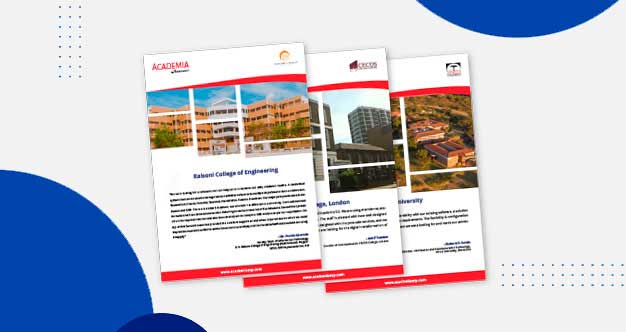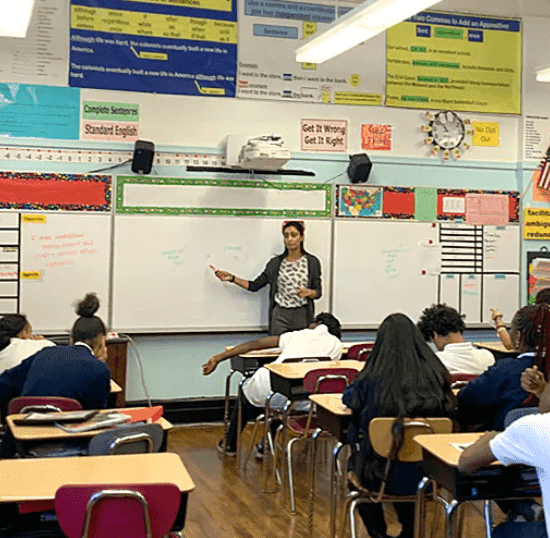Understanding Collaborative Learning and its Impact on Educational Success
Embracing Collaboration in Education
Collaborative learning has emerged as a powerful pedagogical approach, transforming how students and teachers engage with the learning process. By fostering teamwork, communication, and mutual support, collaborative learning has the potential to create a more dynamic and inclusive educational experience. In this blog post, we will explore the fundamentals of collaborative learning, its benefits, and strategies for implementing it effectively. Finally, we will discuss how Academia ERP/SIS can support collaborative learning in educational institutions.
Collaborative learning is an instructional approach where students work in small groups to accomplish shared goals. Rather than learning in isolation, students engage with their peers, pooling their knowledge, skills, and perspectives to solve problems, complete projects, or discuss concepts. This learning method hinges on the belief that learning is a social process and that interaction with others can enhance understanding and retention.
The benefits of collaborative learning are numerous, including:
- Improved academic performance: Collaborative learning has been shown to boost student achievement, as the process of working together can deepen understanding, promote critical thinking, and enhance problem-solving skills.
- Enhanced communication and interpersonal skills: By working together, students have the opportunity to practice and refine their communication, negotiation, and conflict resolution skills, which are essential for success in the placement process and future careers of the students. A successful alumni network is one key way to increase brand value of an institue
- Increased motivation and engagement: Collaborative learning can make the educational process more enjoyable and engaging, as students often find working with their peers more motivating than learning alone.
Academia ERP/SIS is a comprehensive education management system that can support collaborative learning initiatives in various ways. This platform offers communication, file sharing, and project management tools, facilitating seamless interaction and collaboration among students and faculties. They can upload course materials, study notes, etc., which can be made accessible to students from a particular program batch, a customized set of students, or even a specific student. It is also possible to set rules where the automatic notification will go via various channels (like Whatsapp, Email, etc.) on the upload of these documents. Also, AcademiaERP provides an option to create a drive where all the important course materials and other documents can be centrally stored.
AcademiaERP has made the assignment allotment by the faculty, assignment submission by the student, and assignment correction by the faculty completely digital and fast.
Furthermore, Academia ERP/SIS provides real-time analytics and reporting features, enabling instructors to monitor students’ progress, identify areas for improvement, and provide personalized support as needed.
In conclusion, collaborative learning is a powerful instructional approach that fosters teamwork, communication, and mutual support, leading to improved academic performance, increased motivation, and the development of essential social and emotional skills. By embracing collaborative learning strategies and leveraging the capabilities of advanced education management systems like Academia ERP/SIS, educational institutions can create a dynamic, inclusive, and successful learning environment that prepares students for the challenges of the 21st-century workforce.
Related Posts:
 Higher Ed Plans
Higher Ed Plans K12 Plans
K12 Plans










